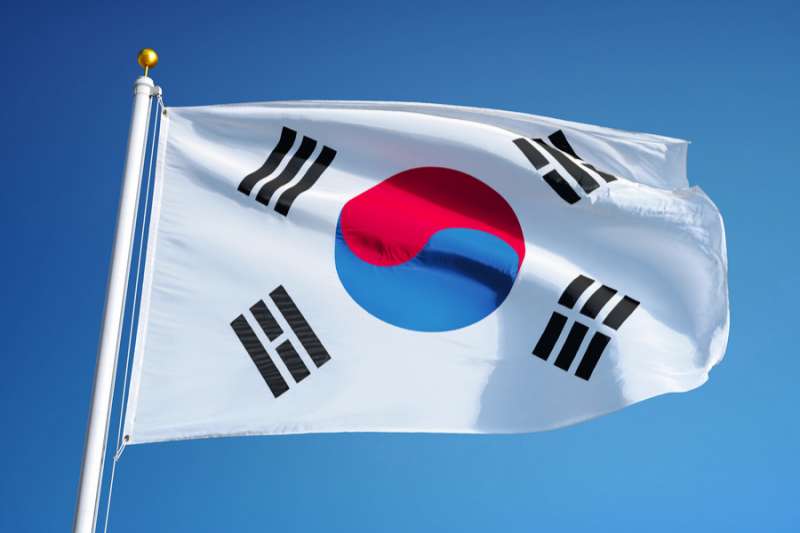A pro-life doctor in South Korea is asking the international community for prayers, as the country’s constitutional court considers whether to overturn its national abortion ban April 11.
Around 1,000 South Koreans rallied April 6 at a March for Life in Seoul’s Gwanghwamun Square ahead of the Constitutional Court ruling on the country’s abortion law, which currently prohibits abortion except in the case of rape, incest, genetic disease, or risk to the mother’s health.
“We have done our best to protect the life of fetuses. Now we can only pray for life,” Brother James Shin told CNA following the march.
Shin is a doctor and religious brother who provides medical care to the the poor and is active in South Korea’s pro-life movement.
Abortion advocates are calling on the court to allow abortions within the first 12 weeks of pregnancy, and to add social and economic reasons to the exceptions allowing for abortion further into pregnancy, Shin said.
At least six judges on Korea’s nine-member Constitutional Court, due to rule April 11, are needed to declare the current law unconstitutional.
The Archbishop of Seoul, Cardinal Andrew Yeom Soojung, has been an outspoken advocate for the protection of unborn life in South Korea’s national debates.
“Human dignity cannot be decided by majority vote or judged by socioeconomic standards,” Cardinal Yeom said at a Mass for Catholic congressmen last month.
The cardinal also called for an end to the death penalty in Korea. “Human life is the most important and fundamental gift, which is a source of all human rights. The death penalty is a serious insult and sin against everyone's right to life,” he said.
Abortion is known to be common in South Korea, despite being against the country’s criminal code. Women obtaining an illicit procedure can be sentenced to a year in prison or a fine of under $2,000, while doctors can be jailed for up to two years, but the law is rarely enforced.
About 340,000 abortions are performed annually in South Korea, while 440,000 child births are reported, according to a 2012 study published in the International Journal of Law, Policy and the Family.
“In high-income South Korea … safe but clandestine procedures are widely available, despite a fairly restrictive law,” said the Guttmacher Institute, which provides research and analysis to “advance sexual and reproductive health and rights,” in a 2018 report.
The current case being considered by Korea’s Constitutional Court was brought to court by an obstetrician prosecuted for performing 69 illegal abortions between 2013 and 2015.
At his confirmation last September, the Chief Justice of Korea’s Constitutional Court, Yoo Nam-seok, said, “I think we need to consider ways to allow women’s termination of pregnancies in early stages for social and economic reasons through consultations with doctors and professionals,” the Korea Herald reported.
Brother Shin characterized the current cultural atmosphere in South Korea as leaning towards “pro-choice.” He said that he wants to bring the movie “Unplanned” to Korea to raise awareness of the reality of abortion.
“We need people’s prayers for Korea,” he said.

